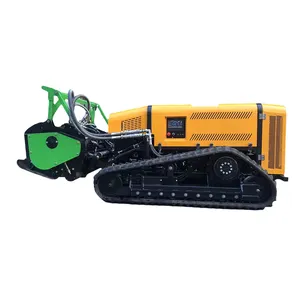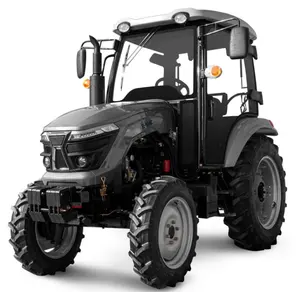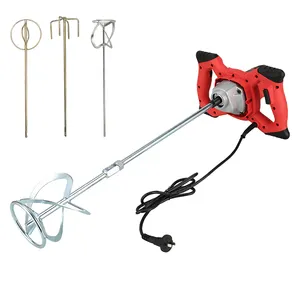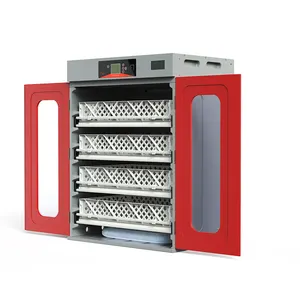Popular in your industry









































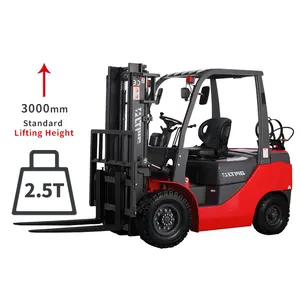























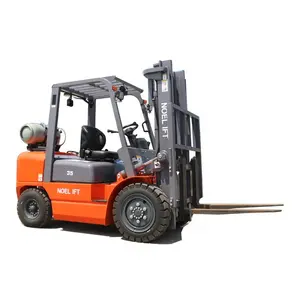












































































































































Top categories
About propane engine
Introduction to Propane Engine
A propane engine is a type of internal combustion engine that uses propane as a fuel source instead of gasoline or diesel. Propane engines are commonly used in a variety of applications, including industrial machinery, generators, forklifts, and agricultural equipment. Propane engines offer several advantages, such as lower emissions, reduced fuel costs, and increased engine longevity.
Technical Specifications
Propane engines are available in a range of power outputs, from small engines suitable for light-duty applications to larger engines capable of powering heavy machinery. The power capability of a propane engine can vary, with some models offering over 100 horsepower for industrial use. Additionally, propane engines are known for their efficiency, with some models boasting fuel efficiency ratings of over 90%.
Design and Functionality
The design of a propane engine is similar to that of a gasoline engine, with a few key differences to accommodate the use of propane as a fuel. Propane engines feature specialized fuel systems, such as propane carburetors, that are designed to deliver the precise amount of fuel to the engine for optimal performance. These engines also require specific ignition systems to ignite the propane fuel effectively.
Benefits of Propane Engines
One of the primary benefits of using a propane engine is the reduced environmental impact compared to traditional gasoline engines. Propane is a clean-burning fuel that produces fewer emissions, making it a more environmentally friendly choice for businesses looking to reduce their carbon footprint. Additionally, propane engines are often more cost-effective to operate than gasoline engines, as propane fuel is typically less expensive.
Applications of Propane Engines
Propane engines are widely used across various industries due to their versatility and efficiency. They are commonly found in forklifts, agricultural equipment, generators, and industrial machinery. The reliability and performance of propane engines make them a popular choice for businesses looking for sustainable and cost-effective power solutions.
Choosing the Right Propane Engine
When selecting a propane engine for your specific application, it is essential to consider factors such as power output, fuel efficiency, and compatibility with existing equipment. Additionally, evaluating the maintenance requirements and availability of service and parts for the engine is crucial to ensuring long-term performance and reliability. By choosing the right propane engine, businesses can benefit from increased efficiency and reduced operating costs.
Maintenance and Care
Proper maintenance is key to ensuring the longevity and performance of a propane engine. Regular inspections, tune-ups, and fluid checks are essential to keeping the engine running smoothly. It is also important to follow the manufacturer's guidelines for maintenance and care to prevent any issues and maximize the lifespan of the engine.
Conclusion
In conclusion, propane engines offer a reliable and eco-friendly alternative to traditional gasoline engines for a wide range of applications. With their efficient performance, lower emissions, and cost-effectiveness, propane engines are a smart choice for businesses looking to reduce their environmental impact and operating costs. By understanding the technical specifications, benefits, and applications of propane engines, businesses can make informed decisions when choosing the right engine for their needs.


